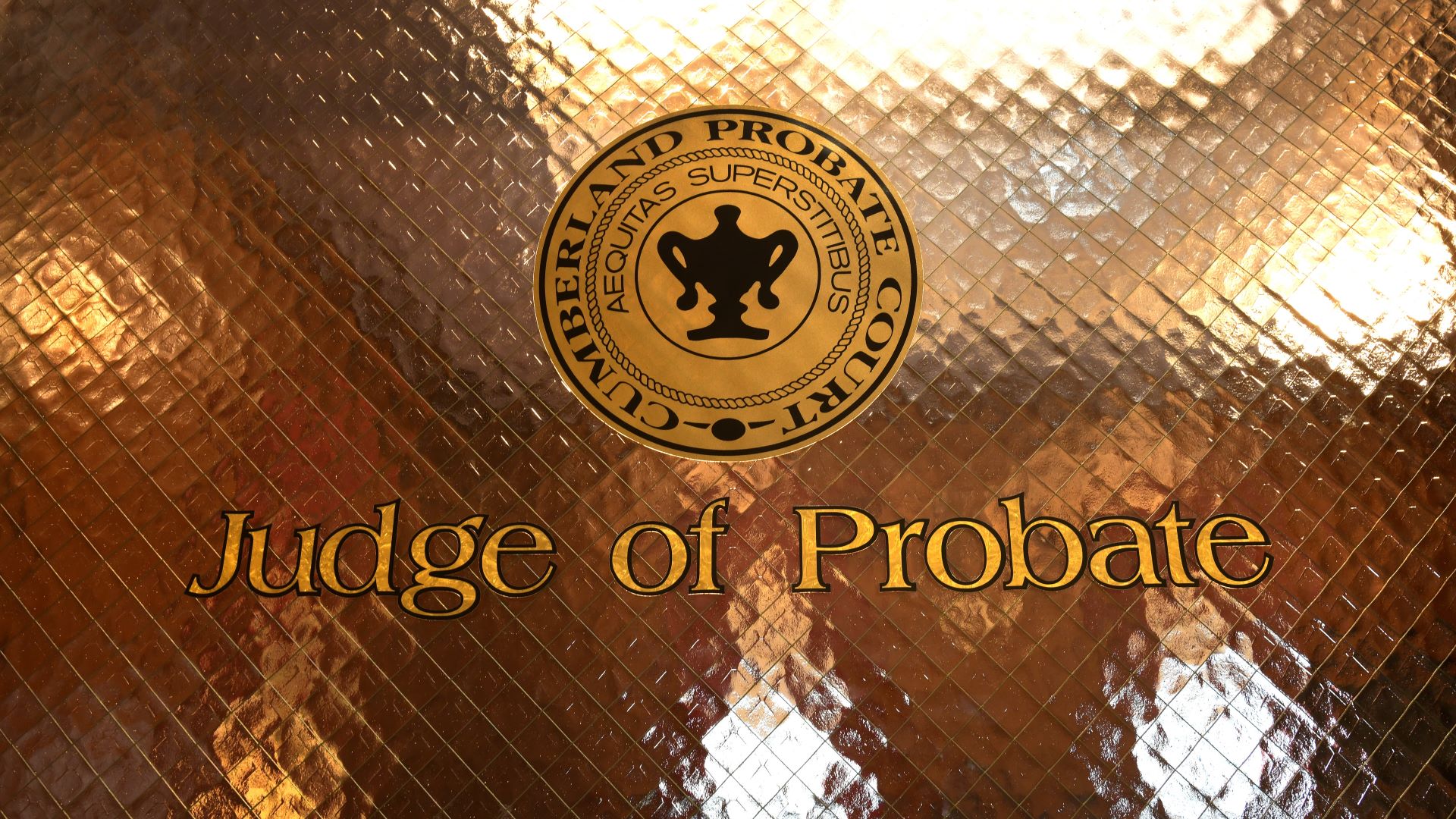On Sunday, The Maine Monitor published an investigation about the shortcomings of Maine’s unique probate court system.
It’s the culmination of more than six months of work, and is the beginning of a look at the 16 county-level courts that oversee guardianships, wills, estates and name changes.
Here are six takeaways from that story.
Calls to overhaul the courts have been ignored for more than a half century
For nearly 56 years, state lawmakers, county officials and probate judges have rejected plans to overhaul the structure of and increase funding for Maine’s county probate courts. Legal experts say the probate courts need to become part of the state’s judicial branch to protect Maine’s most vulnerable residents — people like Norman Fisher, who died while under public guardianship.
Maine’s courts are unique
Maine’s probate courts stand alone. They are not a part of the state judicial branch. Their judges are part-time and elected, which bypasses the state’s review and appointment process for all other judges.
They operate largely autonomously from each other and the state supreme court. County-funded and county-run, probate courts operate on shoestring budgets, with judges paid as little as $25,000 a year and few court administrators.
The courts need money and resources to do their jobs
The probate courts don’t have sufficient budgets or employees to consistently screen, train or monitor the guardians they appoint, the Monitor found.
The Maine Monitor sent a survey to the 16 county probate courts and received responses from 10 that revealed some probate judges and registers do little to assess the fitness of a guardian before or after they are appointed.
Only three probate courts that responded run background checks on prospective guardians to see whether they have been convicted of a crime.
None of the responding probate courts run credit checks to see if the guardian filed for bankruptcy, which must be disclosed by the applicant. State law says guardians must have “regular” visits, although none of the probate courts that responded have policies about how frequent those visits should be.
The courts don’t know how many guardianships they’ve approved
There is such a lack of oversight that multiple probate courts don’t know how many guardianships they have approved, or even whether the people they are responsible for are still alive, the ongoing investigation by the Monitor found.
There’s no mechanism for consistent followup once a guardianship is created
The probate courts don’t employ full-time investigators whose sole job would be to follow up on guardianships to make sure adults under guardianship are being treated well by their guardians.
Probate court is another anomaly in Maine’s judicial system
As the Monitor has previously reported, Maine was the only state to not have a public defender system.
After the Monitor focused attention on that shortcoming, the Legislature created a five-person roaming public defender team that travels to courts where local private lawyers cannot meet all of the criminal defense needs of a county.
State lawmakers also increased wages to $150 an hour for criminal defense lawyers, who contract with the state to represent defendants who cannot afford to hire their own attorney.
In addition, Maine consistently ranks among the lowest in the nation for judicial compensation. All of the state’s judges are paid below the national median salary, even without factoring in probate judges’ lower salaries.
Members of a 2021 legislative study commission proposed that probate judges be made full-time and paid the same as a district court judge — currently $145,642 a year — if the probate courts were moved into the state judicial branch.
Probate judges’ pay would still be below the national median judge salary of $168,761, according to the National Center for State Courts.








